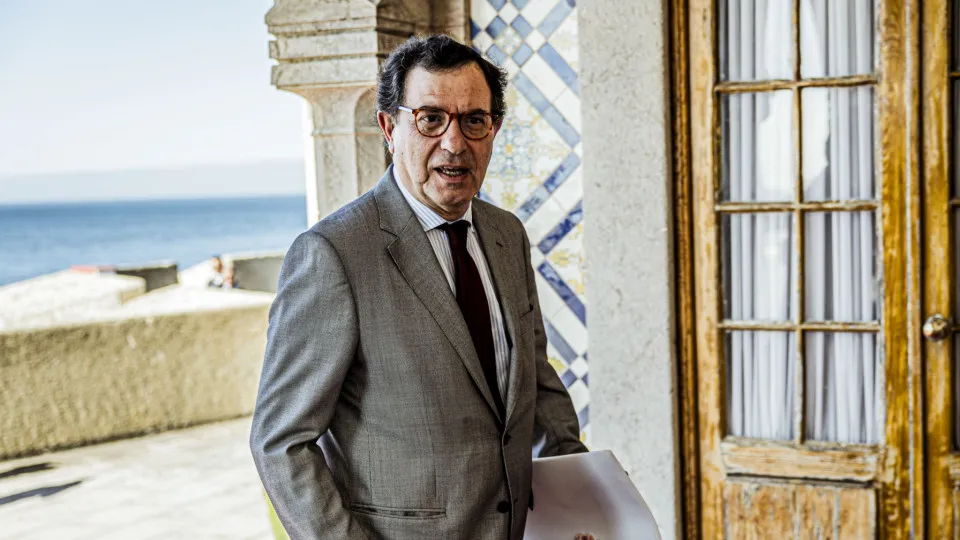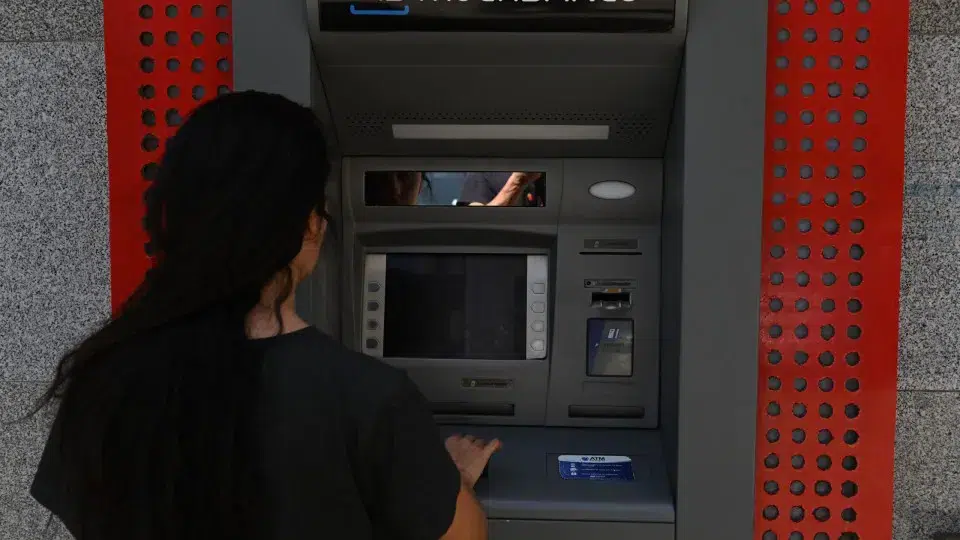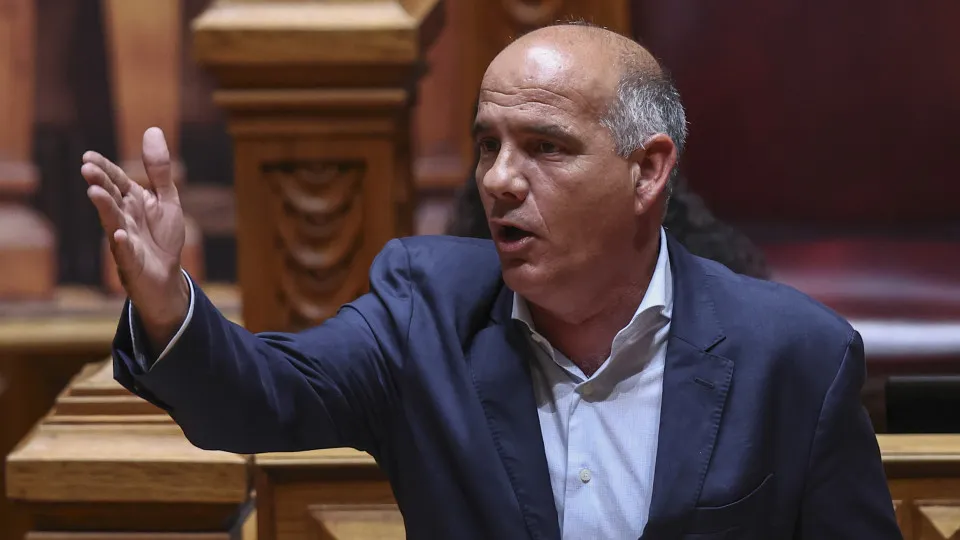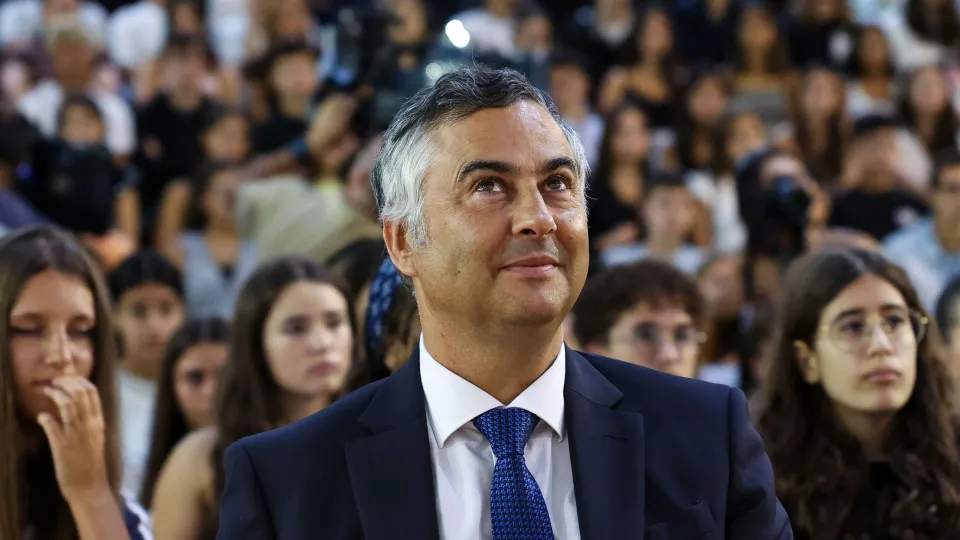
“If companies are competitive, they will not go bankrupt. The solution is to work upstream, ensuring the competitiveness of companies before they go bankrupt. Any company that is not competitive will ultimately face bankruptcy, and we must work on strengthening their competitiveness,” said Manuel Castro Almeida, the Minister of Economy and Territorial Cohesion, during a parliamentary session today.
The minister was responding to a question from Patricia Gonçalves, a member of the Livre Party, regarding measures to support the textile sector, which has witnessed several companies announcing closures, layoffs, and debt renegotiation processes in recent weeks.
Castro Almeida stated that the Government is promoting the Agency for Competitiveness and Innovation (IAPMEI) to develop strategies to enhance competitiveness across various national industry sectors.
“I want to address the Portuguese industry, including the textile sector, which has as many challenges and potentials as others. I do not wish to focus on the difficulties of the textile sector alone,” the minister emphasized, expressing “major doubts” that the textile industry will benefit from excessive “troubled references” to the sector or by being treated “in isolation.”
Meanwhile, João Rui Ferreira, Secretary of State for the Economy, highlighted the need for European-level action regarding Asian products, particularly from the major platforms Temu and Shein, “which have significantly altered the entry of textile goods.”
Regarding support for the sector, the Secretary of State underscored financing through Banco de Fomento guarantees, 490 million euros from the Recovery and Resilience Plan (PRR) in supported investments, 215 million in incentives from Portugal 2030, as well as support in workforce qualification and internationalization.
The session also featured a heated exchange between the Minister of Economy and Socialist Party deputy Carlos Pereira. Pereira asked if Castro Almeida was aware of the economic growth in 2023, the final year under the PS government.
The minister used his response time to introduce the topic of Madalena Oliveira e Silva’s appointment as president of the Portuguese Agency for Investment and Foreign Trade (AICEP), replacing Ricardo Arroja, refuting accusations of “cronyism” made by the deputy in media statements.
Carlos Pereira suggested this was “yet another trick to avoid answering the questions and to use up all the time,” insisting on his query. The minister eventually responded that economic growth in 2023 was 2.3%.
“I regret to inform you, but it was 3.1%, revised by INE yesterday [Tuesday]. The Minister of Economy should pay attention to an INE revision presented yesterday,” remarked the Socialist deputy, criticizing the Government for pursuing policies counterproductive to the economic growth it “proclaims in the public sphere.”
At the conclusion of the session, Castro Almeida regretted that there was insufficient discussion on the economy, while the PS complained that the minister did not address economic issues in his initial remarks, which largely focused on European funds.
The Chega Party also expressed dissatisfaction, noting some unanswered questions, including one regarding Ricardo Arroja’s removal as AICEP president.




